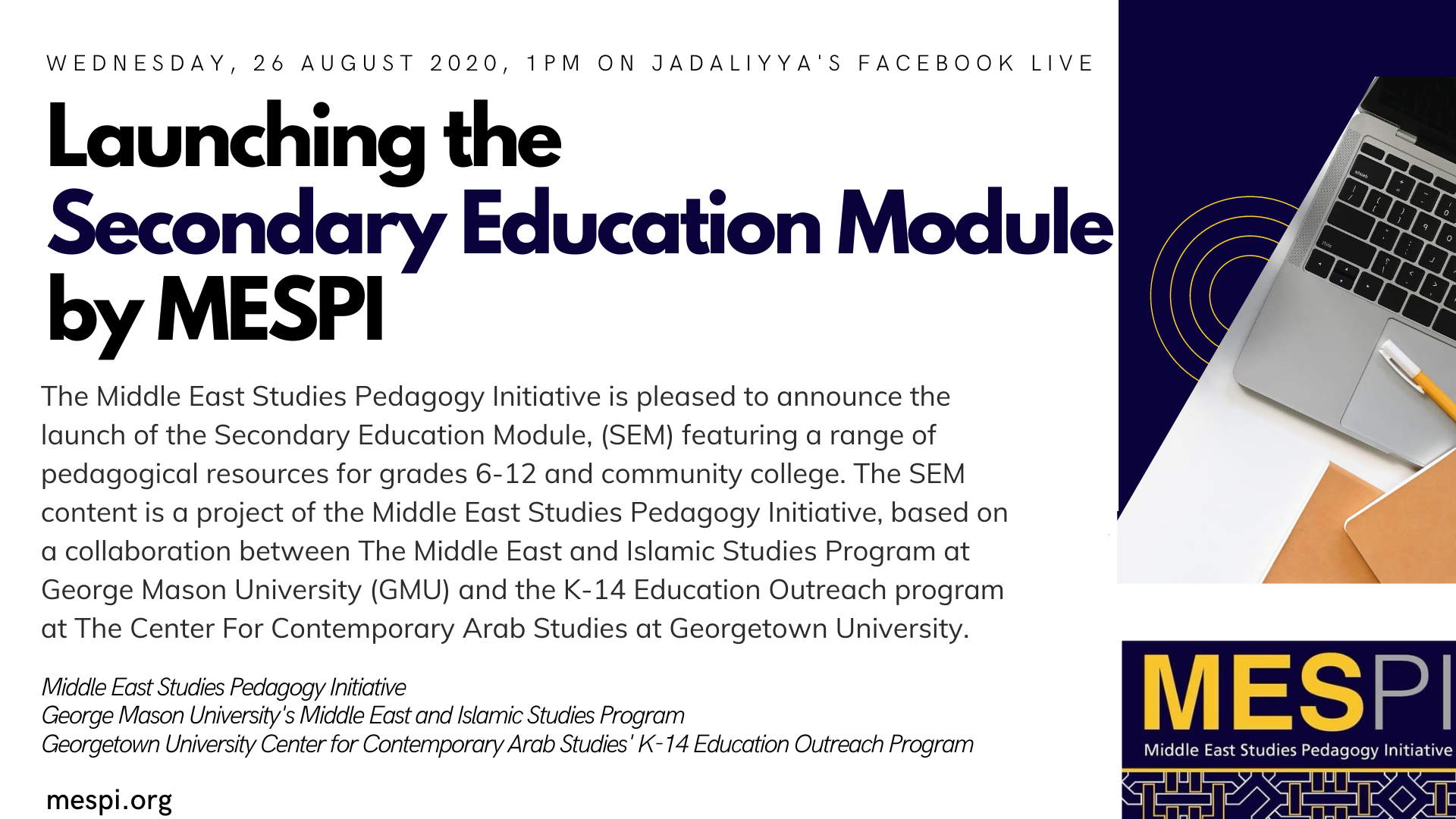Watch livestream on Jadaliyya's Facebook
Rochelle Davis is the Director of the Center for Contemporary Arab Studies, part of the Walsh School of Foreign Service, at Georgetown University. Her main research is on forced migration, war, and conflict, particularly Palestinian, Syrian, and Iraqi refugees and internally displaced persons. Her first book, Palestinian Village Histories: Geographies of the Displaced (Stanford University Press, 2011), addresses how Palestinian refugees today write histories of their villages that were destroyed in the 1948 war, and the stories and commemorations of village life that are circulated in the diaspora. She is currently writing a book on the role of culture in the U.S. wars in Iraq and Afghanistan. Davis is the lead qualitative researcher on the joint ISIM-IOM project, a 3-year longitudinal study of 4000 Iraqi families displaced by ISIS. She has published articles and reports on displaced Syrians, Sudanese and Somali refugees in Jordan, and is working on issues related to gender and vulnerability -- in particular, Syrian men faced with forced conscription into the Syrian army who choose to flee. For more of her publications, see her Georgetown website.
Susan Douglass is K-14 Education Outreach Director at the Center for Contemporary Arab Studies and the Alwaleed bin Talal Center for Muslim-Christian Understanding at Georgtown University. She holds a Ph.D. in World History from George Mason University is an alumna of the M.A. in Arab Studies at Georgetown. She has contributed to many online and print curriculum projects and policy reports in history and social studies, and conducts institutes and workshops for school districts and other institutions.
Bassam Haddad is Director of the Middle East and Islamic Studies Program and Associate Professor at the Schar School of Policy and Government at George Mason University. He is the author of Business Networks in Syria: The Political Economy of Authoritarian Resilience (Stanford University Press, 2011) and co-editor of the forthcoming book, A Critical Political Economy of the Middle East (Stanford University Press, 2021). Bassam serves as Founding Editor of the Arab Studies Journal and the Knowledge Production Project. He is co-producer/director of the award-winning documentary film, About Baghdad, and director of the series Arabs and Terrorism. Bassam is Co-Founder/Editor of Jadaliyya Ezine and Executive Director of the Arab Studies Institute. He serves on the Board of the Arab Council for the Social Sciences and is Executive Producer of Status Audio Magazine. Bassam is Co-Project Manager for the Salon Syria Project and Director of the Middle East Studies Pedagogy Initiative (MESPI). He received MESA's Jere L. Bacharach Service Award in 2017 for his service to the profession. Currently, Bassam is working on his second Syria book tittled Understanding The Syrian Tragedy: Regime, Opposition, Outsiders (forthcoming, Stanford University Press).
Amy Sanders is a curriculum writer and veteran high school social studies teacher. She taught a Middle Eastern Studies course for more than ten years, exploring the region’s history and contemporary issues with her students. Before teaching, she worked at the Harvard Institute for International Development, served in the Peace Corps, and authored several publications as a curriculum writer for NGOs and universities, including Brown University’s Choices program. She is currently an educator at Our Sisters’ School in New Bedford, MA. She received her B.A. from Bucknell University and has an M.A. in political science and an M.Ed. from the University of Minnesota.
Maddie Vagadori is the website editor for the MESPI project and the Arab Studies Journal. When not moonlighting for ASI, Maddie is an Analyst Relations Associate at Okta, the leading independent provider of identity and access management for the enterprise. Maddie graduated from Georgetown University in 2019 with a B.A. in Arabic and International Relations.
